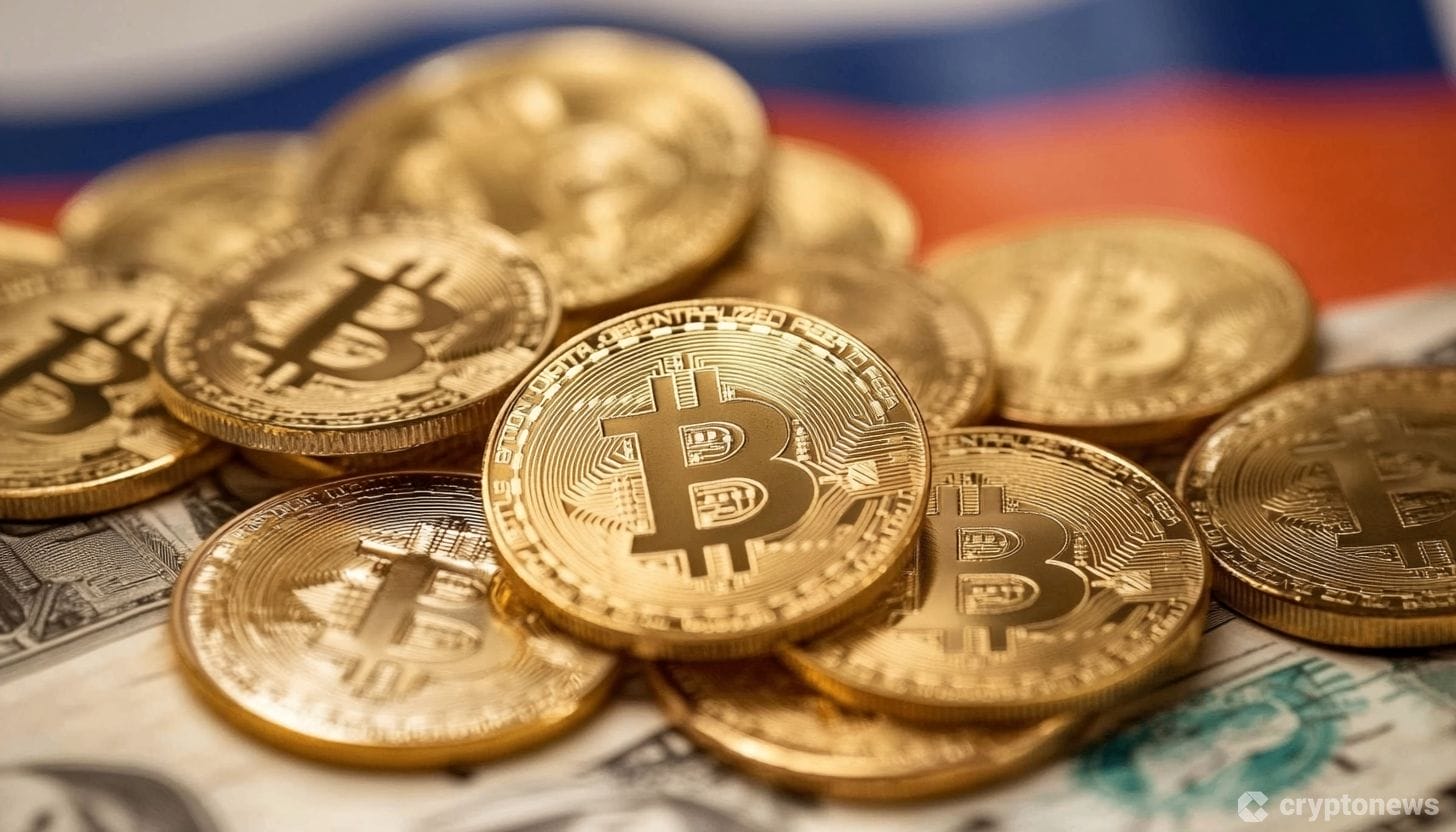Last updated:
 Why Trust Cryptonews
Why Trust Cryptonews
Ad Disclosure
We believe in full transparency with our readers. Some of our content includes affiliate links, and we may earn a commission through these partnerships.

Anton Tkachev, a State Duma deputy from the New People Party, has proposed establishing a strategic Bitcoin reserve in Russia.
Tkachev reportedly sent the proposal to Russia’s finance minister, Anton Siluanov, to “assess the feasibility of creating a strategic reserve of bitcoin in Russia.”
The document, cited by local Russian media, lays compelling arguments for Bitcoin as an alternative to traditional currency reserves.
This development aligns with a growing global trend of governments considering Bitcoin as a reserve asset, spearheaded by the U.S. during Donald Trump’s presidential campaign.
The Argument For a Russian Strategic Bitcoin Reserve
In his proposal, Tkachev notes Bitcoin as a hedge against traditional currencies susceptible to volatility, sanctions, and inflation.
Though, the driving point of his proposal was a call for innovative financial instruments, including alternative reserve assets independent of any single nation, to address modern geopolitical challenges.
In conditions of limited access to traditional international payment systems for countries under sanctions, cryptocurrencies are becoming virtually the only instrument for international trade.
He referenced the Central Bank of Russia’s ongoing efforts to trial cross-border crypto payments.
Tkachev also noted Bitcoin as a store of value, citing its December rise to $100,000 as evidence of its potential to bring significant profits for state reserves.
Despite these benefits, the proposition has not been met without controversy. Some view Bitcoin as a threat due to the significant influence the U.S. and its economy holds over the asset.
Putin Eyes Bitcoin as a Geopolitical Hedge
The proposal follows recent public endorsements made for cryptocurrencies by Russian President Vladimir Putin during a December 4th Investment Forum in Moscow, despite past skepticism.
Putin described the cryptocurrency as an “unstoppable technology,” appraising its potential as a global reserve asset.
Similarly, Putin sees Bitcoin as a hedge against geopolitical challenges, citing Western nations’ freezing of $300 billion in Russian reserves after the 2022 Ukraine war as a key factor driving countries to explore alternatives like Bitcoin.
Putin emphasized the advantage of decentralization, asserting, “Who can ban Bitcoin? Nobody. And who can prohibit the use of other electronic means of payment? Nobody.”
The pivot began with the recent favorable crypto regulations, officially recognizing cryptocurrencies as property in Russia and exempting crypto mining and sales from value-added tax (VAT), along with other provisions.




